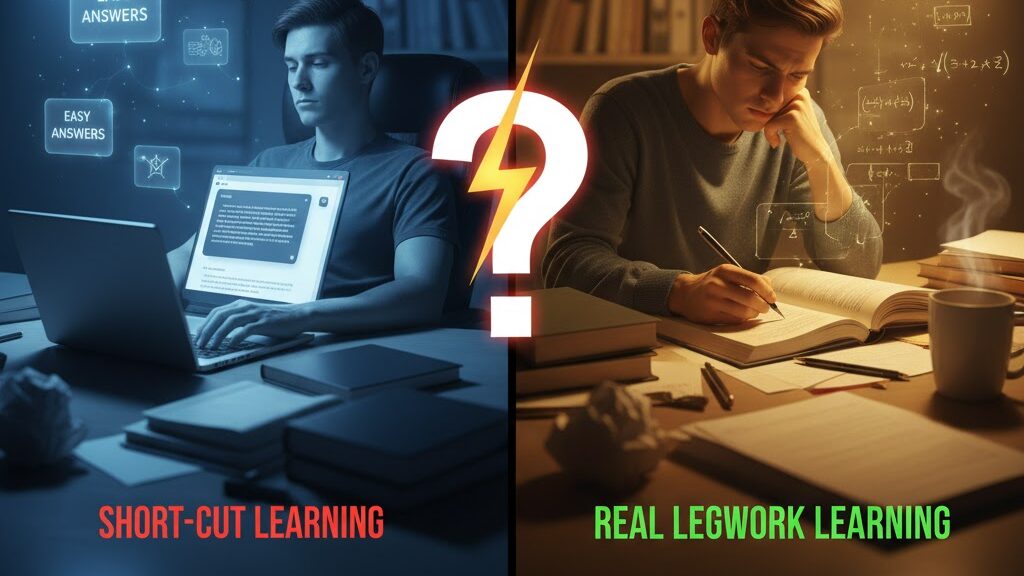
Source
The Register
Summary
A new study published in PNAS Nexus finds that people who rely on ChatGPT or similar AI tools for research develop shallower understanding compared with those who gather information manually. Conducted by researchers from the University of Pennsylvania’s Wharton School and New Mexico State University, the study involved over 10,000 participants. Those using AI-generated summaries retained fewer facts, demonstrated less engagement, and produced advice that was shorter, less original, and less trustworthy. The findings reinforce concerns that overreliance on AI can “deskill” learners by replacing active effort with passive consumption. The researchers conclude that AI should support—not replace—critical thinking and independent study.
Key Points
- Study of 10,000 participants compared AI-assisted and traditional research.
- AI users showed shallower understanding and less factual recall.
- AI summaries led to homogenised, less trustworthy responses.
- Overreliance on AI risks reducing active learning and cognitive engagement.
- Researchers recommend using AI as a support tool, not a substitute.
Keywords
URL
https://www.theregister.com/2025/11/03/chatgpt_real_understanding/
Summary generated by ChatGPT 5

